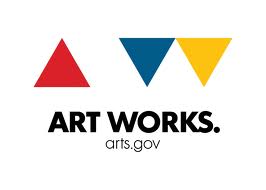Those who make knee-jerk comments about the relevance and funding of arts organizations should watch what they say. The smart folks at the National Center for Arts Research (NCAR) at Dallas’ Southern Methodist University will just do the research and present the facts.
Last March, the House Budget Committee raised concerns that the activities and content funded by the National Endowment for the Arts (NEA) constitute “a wealth transfer from poorer to wealthier citizens.” When the committee, led by Representative Paul D. Ryan, proposed a budget that eliminated all funding for the arts endowment as well as the National Endowment for the Humanities and the Corporation for Public Broadcasting, NCAR went to work. NCAR (the group that released an in-depth report a couple months ago on the factors that contribute to the health and failure of arts organizations) released a new study released today and the introduction states:
Although the idea that the NEA derives its funding from poorer citizens seems dubious, the argument that NEA-funded activities are “generally enjoyed by people of higher-income levels” is worthy of exploration. This research examines the accuracy of this argument through data-driven inquiry.
Basically, the researchers discovered that neither rich nor poor people benefited more from NEA grants to arts organizations. They found that communities that were the most economically diverse (richer and poorer that average) were more likely to participate in the arts and more likely to receive NEA funding. And NEA funded projects that caused spikes in attendance showed that the increased participation was generally equal among poor and wealthy households.
To read the full report, go here. To ask the Budget Committee if they’ve read the report, go here: [email protected].
.



